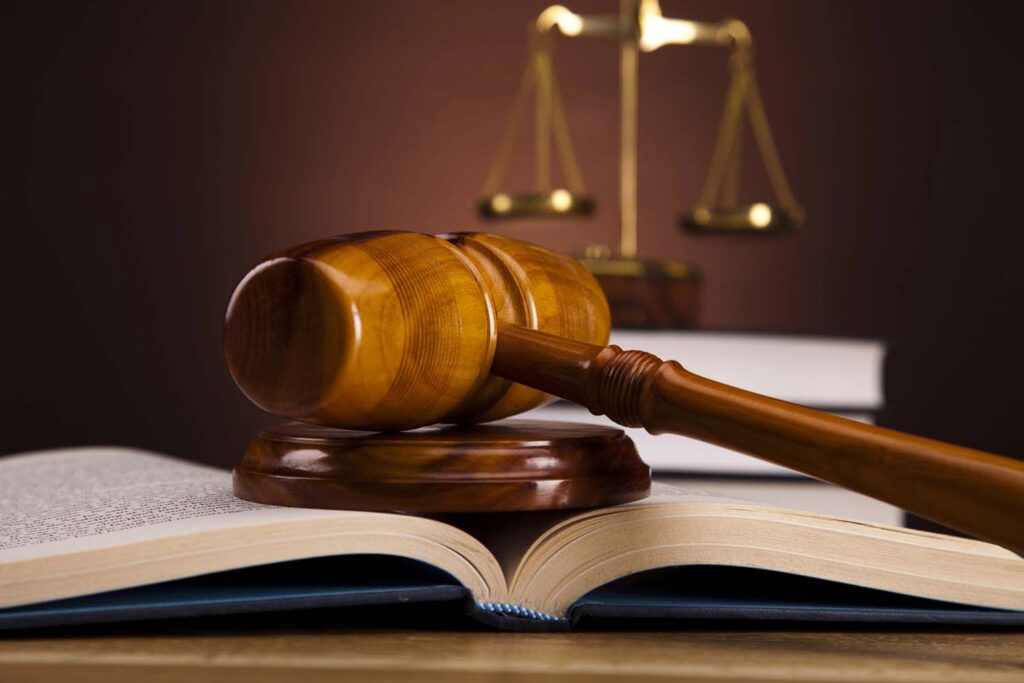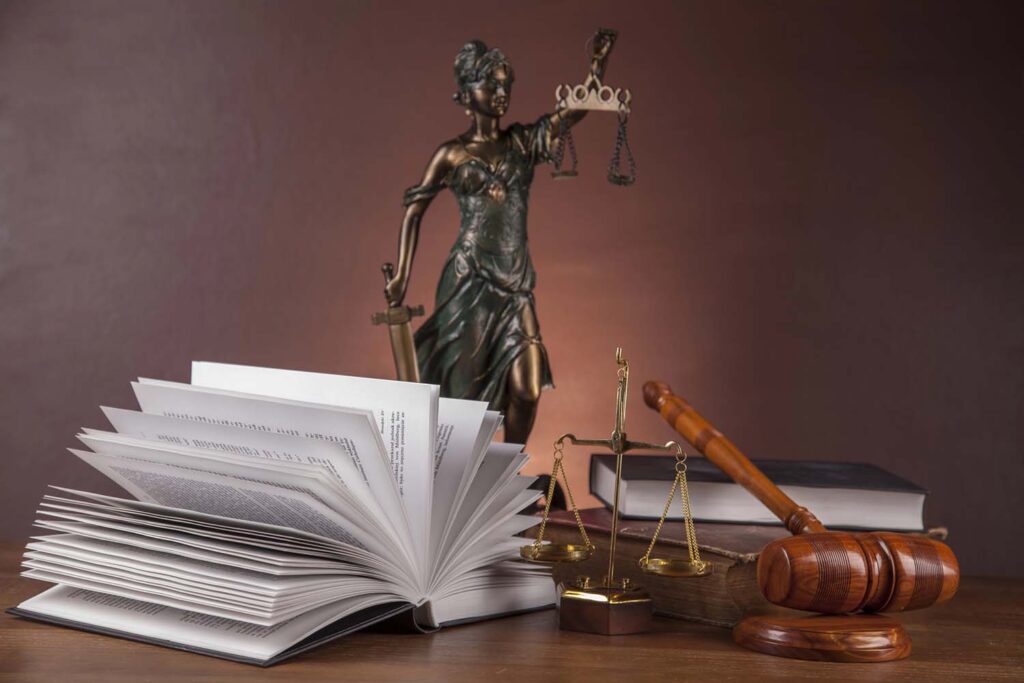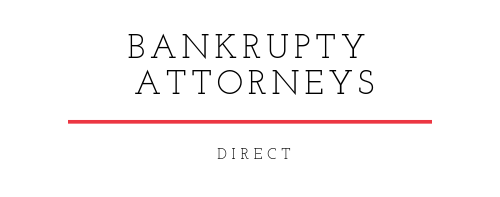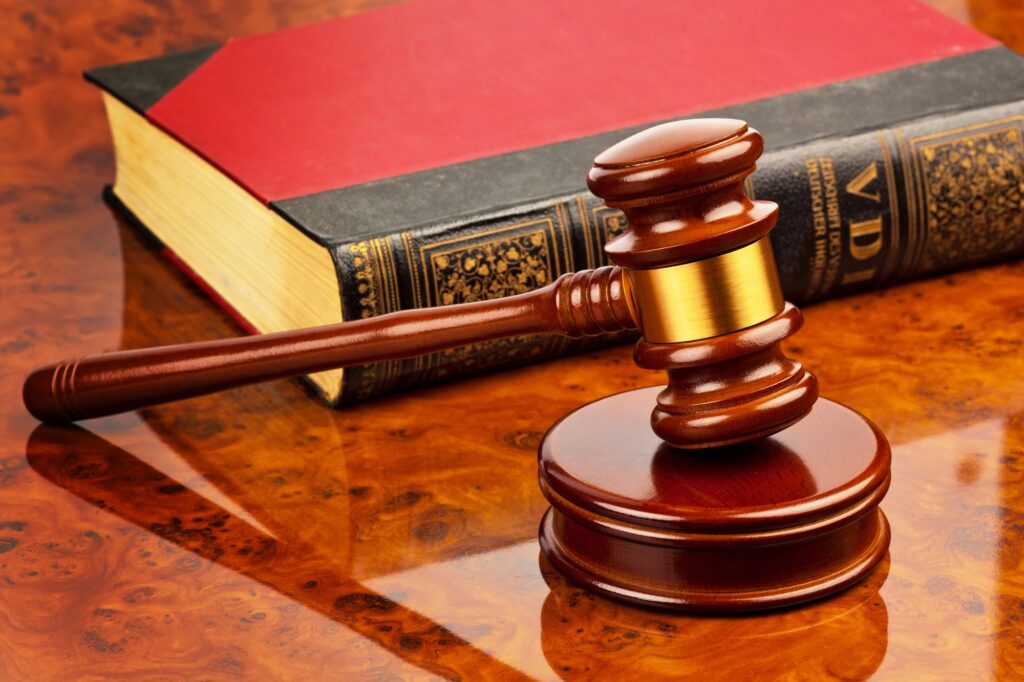BANKRUPTCY ATTORNEYS DIRECT
To find out more about Chapter 13 and Chapter 7 bankruptcy and whether or not you may qualify for either of them, contact a licensed bankruptcy attorney.
Bankruptcy Law Information
Knowing that you need to, or may need to declare bankruptcy is never a pleasant idea. Even the most financially savvy people who always have savings for a rainy day, can wind up with serious financial problems because of different, unplanned circumstances that life can throw their way.
Illness, job loss, divorce, and foreclosure, name just a few of the many different things that can throw someone’s otherwise stable finances into disarray. If you have found yourself in any of these situations or other situations that cause financial distress, you know how quickly debt can start building up even when you are trying to stay on top of it and trying to maintain your financial integrity.
Bankruptcy gives people who are saddled with too much debt, an opportunity to get out from under it and to realistically be able to pay off their creditors in a fair manner. Many people are hesitant to even discuss bankruptcy let alone pursue filing for it because of the many negative connotations it carries. The reality is, once most people have completed bankruptcy filings, they are relieved to finally be able to clear their messy financial plates. Many people value being able to start over without the burden of mounting piles of unpaid bills.
Types of Bankruptcy
Typically, there are two main types of bankruptcy available to individuals- liquidation, or a discharge of debts- or reorganization, a type of payment plan. There are other types of reorganization bankruptcies but these are the more common ones for individuals. Chapter 7 bankruptcy exchanges wiping out an individual’s qualifying debts, and they agree that a bank trustee can take and liquidate (sell) some of the individual’s property to pay back their debt. Chapter 13 bankruptcy is typically for high-income earning individuals and allows them to keep all of their property but must pay creditors the value of any nonexempt assets as part of a three to five year repayment plan.

Chapter 7
Chapter 7 bankruptcy is often looked at as a, fresh start. This type of bankruptcy allows a debtor (someone who owes one or more party money) to wipe out particular debts in a streamlined process without having to pay into a monthly repayment plan. Credit card balances, medical bills, and personal loans, are some of the more common debts that are dealt with in Chapter 7 bankruptcy. In exchange for this, the debtor agrees that the person or party responsible for overseeing their case, a bankruptcy trustee, can sell their nonexempt property and distribute the sales proceeds to creditors. This is done according to a priority ranking system.
Chapter 7 won’t entirely get rid of all of an individual’s debts. Nondischargeable debts remain with the individual. Examples of nondischargeable debts include but are not limited to: – Domestic support obligations such as child or spousal support – Income taxes incurred within the last three years – Student loan debt – Some injury or wrongful death awards Keep in mind that not everyone can file and be discharged of their debts under Chapter 7. A licensed bankruptcy attorney is qualified to give individual’s legal advice about bankruptcy.

Chapter 13
Chapter 13 bankruptcy is often referred to as “wage earner” bankruptcy because it requires that the debtor have a reliable source of income to repay some portion of their debt. With this kind of bankruptcy, the debtor, often with the help of a bankruptcy attorney, proposes a repayment plan of how they will pay back their debts within five years. How much a person has to pay depends on how much they owe, how much the earn and the value of their nonexempt property.
Lastest Blogs
Explore our latest blogs to discover fresh perspectives, industry insights, and innovative ideas that can inspire and inform your professional journey.
5 Questions For Your Uber Accident Consultation
How Courts Determine What’s In The Best Interest Of The Child
How Delayed Police Reports Can Affect Your Claim
How Wildlife Patterns On Rural Routes Influence Rider Safety
How Criminal Lawyers Support Clients Accused Of White Collar Crimes
How Legal Support Protects Children Exposed To Domestic Violence
Send Us Your Questions!
Email us with any questions and concerns






